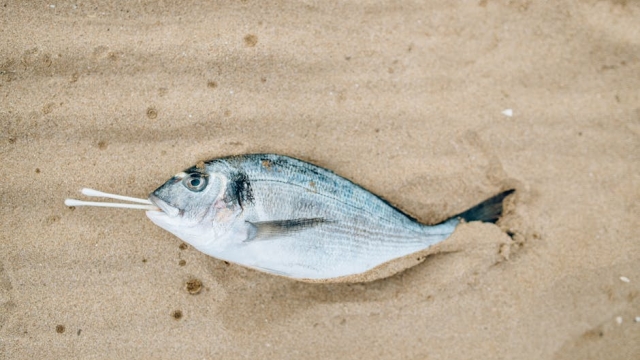
As the global population continues to grow, the demand for seafood is increasing, making fish farming an essential part of the aquaculture industry. However, this growth brings significant environmental and ethical concerns. fish farm sustainability has emerged as a vital focus for ensuring that aquaculture practices do not deplete natural resources or harm the ecosystem. By adopting sustainable methods, fish farms can contribute positively to environmental health, economic viability, and social responsibility.
Overview of Sustainable Fish Farming Practices
Sustainable fish farming practices encompass a variety of methods aimed at minimizing environmental impact while maximizing productivity. One prominent approach is integrated multi-trophic aquaculture (IMTA), which involves cultivating multiple species at different trophic levels within the same system. For example, fish can be raised alongside filter-feeding species such as shellfish and seaweed, which utilize the waste produced by fish as a nutrient source. This symbiotic relationship not only improves overall efficiency but also enhances water quality and reduces the need for chemical inputs.
Another important method is organic fish farming, which focuses on raising fish without synthetic chemicals, antibiotics, or genetically modified organisms. Organic certifications often require adherence to strict environmental standards, promoting biodiversity and the use of sustainable feed sources. By prioritizing natural processes and enhancing ecosystem health, organic fish farming contributes significantly to the long-term viability of aquaculture.
Benefits of Sustainability in Aquaculture
The shift towards fish farm sustainability offers numerous benefits, both for the environment and the fish farming community. One of the primary advantages is the reduction of environmental impact. Sustainable practices help to preserve water quality, reduce pollution, and minimize the depletion of wild fish stocks used for feed. By utilizing by-products from farming operations and optimizing resource use, sustainable fish farms can operate within ecological limits.
Moreover, sustainable fish farming can improve economic returns. Consumers are increasingly seeking responsibly sourced seafood, leading to a growing market for sustainably produced fish. Fish farms that adopt eco-friendly practices can capitalize on this demand, often commanding higher prices and fostering customer loyalty. Additionally, sustainable methods can enhance efficiency and reduce operational costs over time, leading to greater profitability.
Challenges Faced in Implementing Sustainable Methods
Despite the clear benefits, fish farms encounter several challenges when attempting to implement sustainable practices. One major hurdle is the initial investment required to transition to more sustainable systems. Upgrading facilities, training staff, and sourcing organic feed often entail significant costs that can deter farmers, especially small-scale operators. Financial support and incentives from governments and organizations can play a crucial role in alleviating this burden and encouraging the adoption of sustainable methods.
Another challenge is the knowledge gap; many fish farmers may not be aware of sustainable practices or how to implement them effectively. Education and training programs are essential for equipping farmers with the necessary skills and knowledge to adopt sustainable methods. Collaborations among industry stakeholders, researchers, and educational institutions can facilitate the sharing of best practices and innovative solutions.
Conclusion
In conclusion, fish farm sustainability is not just a trend but a necessary evolution of aquaculture practices that benefits the environment, the economy, and society as a whole. By embracing sustainable methods such as integrated multi-trophic aquaculture and organic farming, fish farms can contribute to the health of our ecosystems while meeting the growing demand for seafood. Although challenges exist, the commitment to sustainability can ensure food security for future generations and promote a responsible approach to aquaculture. For more resources and information on sustainable fish farming practices, you can explore Wolize, which provides valuable insights and guidance on this important topic.

